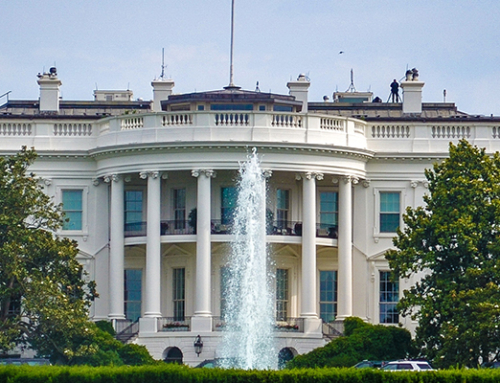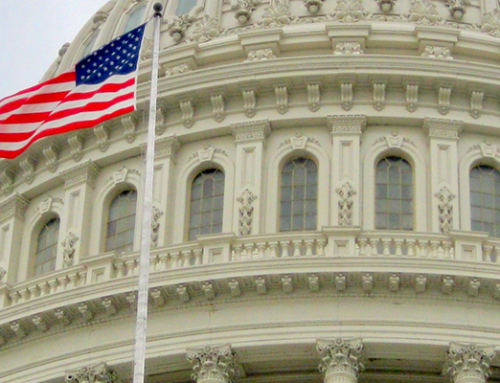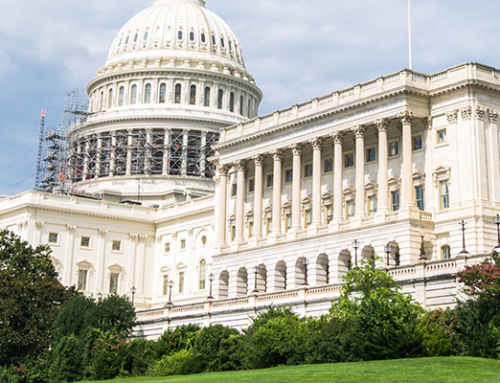On September 12, 2023, the US DOL Office of Workers’ Compensation Programs (OWCP) posted new rules in the Federal Register with respect to Civil Monetary Penalties for failure to report.
Background of This Rulemaking
On April 28, 2020, OWCP hosted a public outreach webinar to solicit stakeholders’ views on how OWCP could improve its processes. See E.O. 13563, sec. 2(c) (January 18, 2011) (requiring public consultation prior to issuing a proposed regulation). OWCP considered the feedback received during that session in developing the proposal. For example, participants noted that the statute only allows penalties for knowing and willful failures to file the report, so OWCP should establish knowledge and willfulness before assessing a penalty. They also noted that employers and insurance carriers should have a method to contest penalty assessments.
On December 14, 2020, OWCP published a Notice of Proposed Rulemaking and a Direct Final Rule in the Federal Register revising regulations governing electronic filing and settlements and establishing new procedures for assessing and adjudicating penalties under the Act. 85 FR 80601, 85 FR 80698.
On January 20, 2021, a new administration assumed office. The Assistant to the President and Chief of Staff issued a memorandum to the Heads of Executive Departments entitled “Regulatory Freeze Pending Review.” 86 FR 7424. The memorandum directed agencies to consider pausing or delaying certain regulatory actions for the purpose of reviewing questions of fact, law, and policy raised. OWCP believed that the most efficient way to implement the memorandum was to withdraw both the Direct Final Rule and the Notice of Proposed Rulemaking, rather than delay the effective date of the Direct Final Rule. The comment period was still open.
On February 9, 2021, UWC submitted comments (see attached)
On February 9, 2021, OWCP withdrew the Notice of Proposed Rulemaking and the Direct Final Rule. 86 FR 8686, 86 FR 8721. Withdrawing the rule gave the new administration time to review the rule and consider the policies it would have implemented. After careful consideration, OWCP decided to move forward with a proposal to update its existing penalty regulations and implement a procedural scheme for employers to challenge penalties assessed against them.
OWCP requests comments on all issues related to this rulemaking, including economic or other regulatory impacts on the regulated community.
II. Overview of the Proposed Rule
The proposed rule would add new sections and amend existing sections to implement the Act’s civil money penalty provisions. The Act allows OWCP to impose a penalty when an employer or insurance carrier fails to timely report a work-related injury or death, 33 U.S.C. 930(e), or fails to timely report its final payment of compensation to a claimant, 33 U.S.C. 914(g). See20 CFR 702.204, 702.236.
The proposed rule would revise current § 702.204 to provide for graduated penalties for an entity’s failure to timely file, or falsification of, the required report of an employee’s work-related injury or death. See33 U.S.C. 930(a); 20 CFR 702.201. The proposed rule provides that the penalty assessed will increase for each additional violation the employer has committed over the prior two years. The current regulation states only the maximum penalty allowable, without providing further guidance or a graduated penalty scheme. The proposed rule would also add new §§ 702.206, 207, and 208. These proposed sections would add procedures for the District Director to notify entities of failures to accurately and timely file, provide an opportunity for a response before the District Director issues a notice of proposed penalty, and provide guidance to both the District Director and the Director in determining the amount of the proposed penalty and penalty by setting forth aggravating and mitigating factors they may consider.
The proposed rule also contains a new subpart I, setting out procedures for challenging proposed penalties and penalties under both § 702.204 (for an entity’s failure to timely file, or falsification of, the required report of an employee’s work-related injury or death) and § 702.236 (for failing to report the termination of payments). These proposed procedures would allow an entity against whom a penalty is assessed the opportunity for a hearing before an administrative law judge, and to petition the Secretary of Labor (Secretary) for further review. After receiving the OWCP Director’s final penalty order assessing the penalty, consistent with sections 554 and 556 of the Administrative Procedure Act (5 U.S.C. 551 et seq.), the respondent would be able to request a hearing before an administrative law judge (ALJ) under proposed § 702.906(a). During the hearing, entities would have the opportunity to submit facts and arguments for consideration consistent with the Rules of Practice and Procedure for Administrative Hearings Before the Office of Administrative Law Judges (29 CFR part 18). The ALJ would determine whether the respondent violated the statutory or regulatory provision under which the penalty was assessed and whether the amount of the penalty assessed was appropriate. Consistent with section 557 of the APA, the ALJ’s decision would become the decision of the Agency without further proceedings, unless within 30 days, the respondent requested reconsideration of the ALJ’s decision under proposed § 702.907 or petitioned the Secretary for review under proposed § 702.908. The Secretary’s review would be discretionary and based on the record. These additional levels of review are consistent with the formal adjudication procedures under the Administrative Procedure Act, 5 U.S.C. 554, 556–557, and Recommendation 93–1 of the Administrative Conference of the United States, which recommends that formal adjudication under the Administrative Procedure Act be made available where a civil money penalty is at issue. The proposed procedures would fully protect employers’ and insurance carriers’ rights to challenge OWCP’s action before any penalty becomes final and subject to collection and ensure transparency and fairness in the enforcement proceedings.
See Federal Register :: Longshore and Harbor Workers’ Compensation Act: Civil Money Penalties Procedures
UWC is reviewing this latest posting in the Federal Register with the intent to file comments. If you have suggestions for inclusion in our comments, please send them to me.
Douglas J. Holmes
UWC – Strategic Services on Unemployment & Workers’ Compensation
holmesd@uwcstrategy.org
614-805-2208






